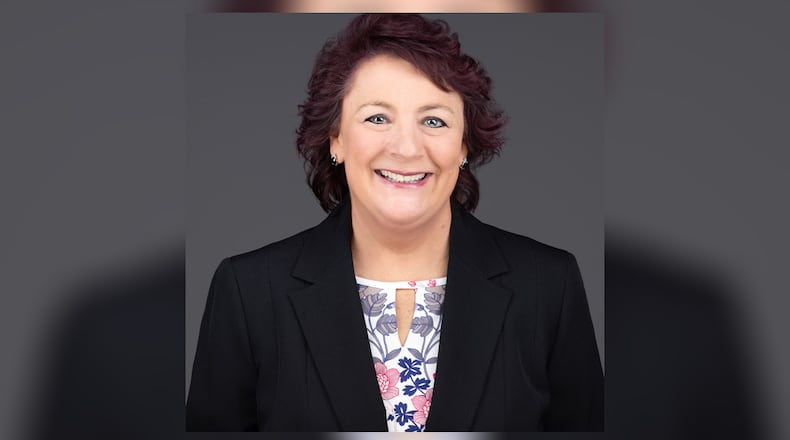During Alzheimer’s and Brain Awareness Month in June, we should think about our brain health, educate ourselves and our families on the risks of Alzheimer’s, and adopt healthy lifestyle behaviors that can help reduce the risk of cognitive decline.
ADOPT HEALTHY LIFESTYLES
To promote brain health and reduce the risk of cognitive decline: exercise regularly, maintain a heart-healthy diet, get proper sleep, and stay socially and mentally active. Through its U.S. POINTER Study, the Alzheimer’s Association is examining the role that lifestyle interventions play in protecting cognitive function. Many experts agree that people can improve their brain health and reduce the risk of cognitive decline by adopting healthy lifestyle habits.
TALK TO YOUR DOCTOR ABOUT BRAIN HEALTH
According to the 2023 Alzheimer’s Association Facts and Figures report, too often individuals with memory concerns are not discussing the issue with their doctor. Individuals indicate that they hesitate because they believe their experiences are related to normal aging, rather than a sign of a potentially diagnosable medical condition. If you, or someone you love, has cognitive concerns, see your doctor without delay.
PARTICIPATE IN CLINICAL TRIALS
There are many clinical trials currently underway. Studies can be done online, from home or in person. A wide range of participants are needed for these trials, including those living with Alzheimer’s, caregivers, and individuals who do not have the disease but have a family history. Find out more at www.alz.org/trialmatch.
HAVE HOPE
For the first time, there are treatments for people with early stages of the disease that can slow down its progression and give them more time with their loved ones. More than ever before, conversations about memory or other cognitive issues are critical – and need to start at the earliest point of the concern.
TAKE CONTROL
While some brain changes are inevitable as we age, it’s important to know what is normal and what is not. Learn the 10 warning signs of Alzheimer’s and dementia. Talk about cognitive issues with family and, most importantly, your doctor. These are proactive ways to participate in Alzheimer’s and Brain Awareness Month and to join in the fight against a disease which has no survivors.
The Alzheimer’s Association 24/7 Helpline can be reached at 800.272.3900 for assistance and support. The local chapter can be reached at (937) 291-3332 for free resources, education and support groups. We’re here to help you as we work together toward a world without Alzheimer’s and other dementia.
Annemarie Barnett is the Executive Director of the Alzheimer’s Association Miami Valley and Greater Cincinnati Chapters
About the Author
